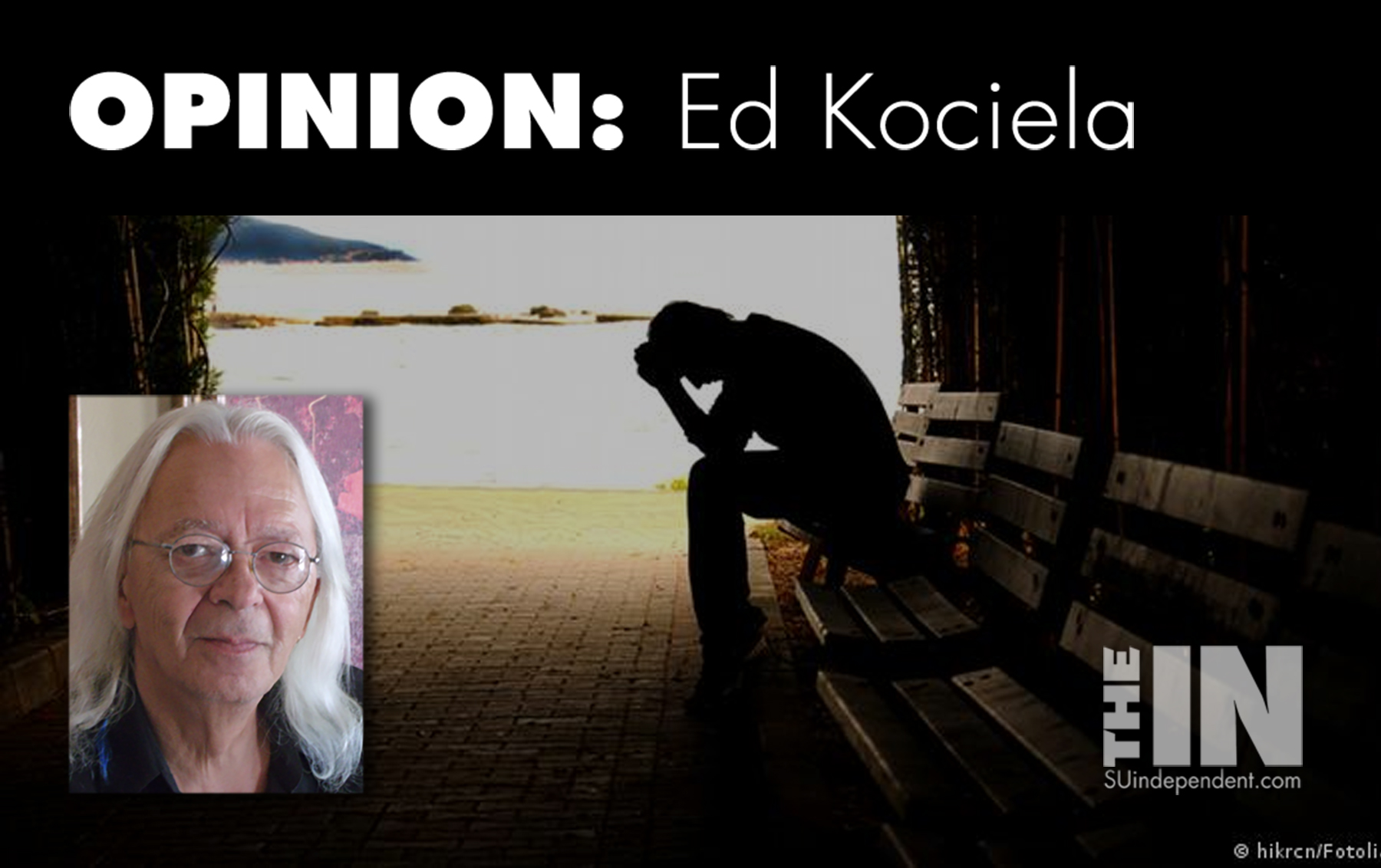
Battling The Demons Of Depression
By Ed Kociela
She had it all.
Naomi Judd was bathed in fame, fortune, and adoring fans. She had ridden the crest of superstardom and earned the respect of her lofty peers, enough so that she was inducted, along with daughter Wynonna — her singing partner in The Judds — into the Country Music Hall of Fame. With her fiery red hair, good looks, and luxurious voice, she was instantly recognizable even if you weren’t a big fan of country music. She and Wynonna had 20 Top 10 hits, including 14 that went to No. 1, sold more than 20 million records, and played to sold-out crowds.
Yes, she had it all, but, it wasn’t enough.
Naomi Judd died Saturday, a victim of what her family gently described as “the disease of mental illness” at the age of 76.
That Naomi Judd suffered from her mental health issues was no surprise. She revealed, during a 2016 interview on “Good Morning America,” that she became housebound while dealing with “extreme” and “severe depression.” She had written the book River of Time: My descent Into Depression and How I Emerged With Hope to share her experiences with the public because she wanted people to understand that mental illness is “not a character flaw, it’s a stinking disease.” Among the drug cocktail she received for treatment for her depression, anxiety, panic attacks, and suicidal ideation was lithium, which produced side effects of edema, alopecia, and tremors. She also underwent electroshock therapy.
Just before the COVID-19 pandemic hit more than 50 million Americans suffered from mental illness to some degree with more than half of those cases going untreated. Those numbers have, of course, grown exponentially since the pandemic, demanding a new health strategy for the aftermath of the pandemic that impacted all of us.
The results of mental health illnesses are tragic with more than 120 suicide deaths a day in the United States.
There was a time, of course, when mental illness was thought to be a sign of weakness, something people just did not talk about for fear of judgmental reactions from what was once a generally ignorant public.
But, we have learned much. Depression and mental illness, we have learned, can be either organic of environmental. It has nothing to do with a person’s level of intelligence or character or strength. It just happens, maybe as a result of a chemical imbalance, maybe as a result of emotional or physical trauma. It can come and it can go or it can lodge itself deep within somewhere. But the downside is that you never really know, which mystifies family, friends, and people in general. If somebody suffers from some other disease, whether it is a cancer, heart problems, or some other affliction, the people surrounding the patient shower them with love and support and offers to help in any way possible. However, should a person talk about suffering from acute depression there is a very good chance that they will hear things like “What have you got to be depressed about? You’ve got a good job, have a lot of money, have a good family. Get over it.” Those reactions are not conducive to the healing process and often push the person deeper into their personal hell.
According to the National Alliance on Mental Illness, depression is the leading cause of disability worldwide. In the span of a year, more than 25 percent of all Americans will suffer from some sort of mental disorder, whether anxiety or depression. Many have no means to acquire proper treatment so the disease goes unchecked.
I haven’t seen any studies yet, but I am willing to bet big money that the incidents of mental illness have amplified significantly during the years of COVID-19 as people were terrified of leaving the safety of their homes or mingling with others. The daily stress, anxiety, anger, and fear has been unyielding. The polarization of the politics of COVID-19 ostracized many into two distinct camps — the vaxxers/maskers versus the anti-vaxxers/anti-maskers. It has not been an emotionally healthy existence and, if it is true that we are perhaps seeing the end of the pandemic that doesn’t mean we will all immediately go back to normal. Damage has been done and we will have a period of learning how to deal with the new normal, something health care professionals will have to wrestle with as we venture out and try to move on from COVID fatigue and trauma and all of its PTSD pain. Try to imagine how this has impacted those already suffering from mental illness.
The key here is to look outside of ourselves and not be so shallow or ignorant that we gloss over somebody else’s pain. Just because you may not feel or experience another’s suffering does not lessen the impact on that person’s life. In fact, it points out your own selfish and heartless shortcomings. When karma comes to call, may God help you for your lack of compassion, humanity, and understanding because this is real, and not just a temporary mood or passing thing. It is real, very real, and you could possibly be the source of that person’s problem.
We lost a lot of people Saturday to mental illness, none more recognizable or famous than Naomi Judd, but every single one of them just as important.
And, I cannot help but wonder, is there something more we could have done for any one of them?
Is there something we could have said to relieve their pain?
Naomi Judd had it all, to be sure.
But it wasn’t enough to save her life.
And, that is a tragedy.
If you live in Utah and are experiencing mental health issues including suicide ideation, please call the Statewide Crisis Line at (8010 587-3000 or call the National Suicide Prevention Lifeline at (800) 273-TALK (8255), for Spanish assistance call (888) 628-9454, or simply dial 911. The National Suicide Prevention Lifeline is a national network of local crisis centers that provides free and confidential emotional support to people in suicidal crisis or emotional distress 24 hours a day, seven days a week in the United States. For additional information, please go to the website: suicidepreventionlifeline.org.
Viewpoints and perspectives expressed throughout The Independent are those of the individual contributors. They do not necessarily reflect those held by the staff of The Independent or our advertising sponsors. Your comments, rebuttals, and contributions are welcome in accordance with our Terms of Service. Please be respectful and abide by our Community Rules. If you have privacy concerns you can view our Privacy Policy here. Thank you!
Click here to submit an article, guest opinion piece, or a Letter to the Editor




